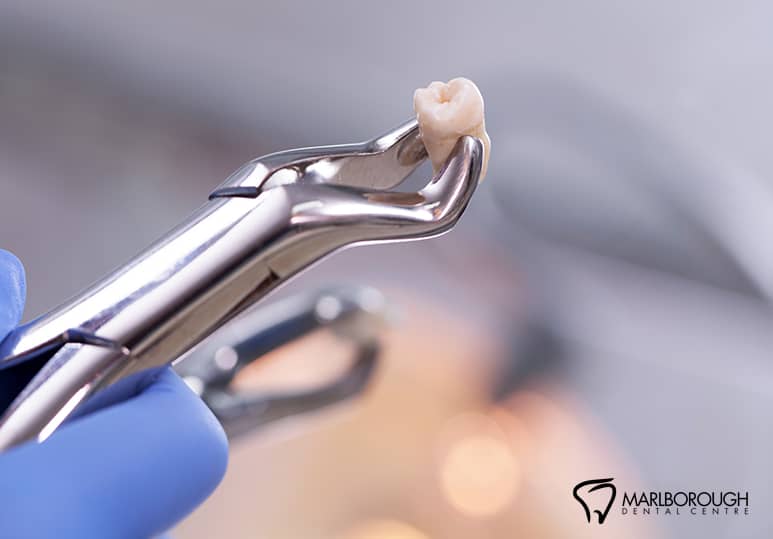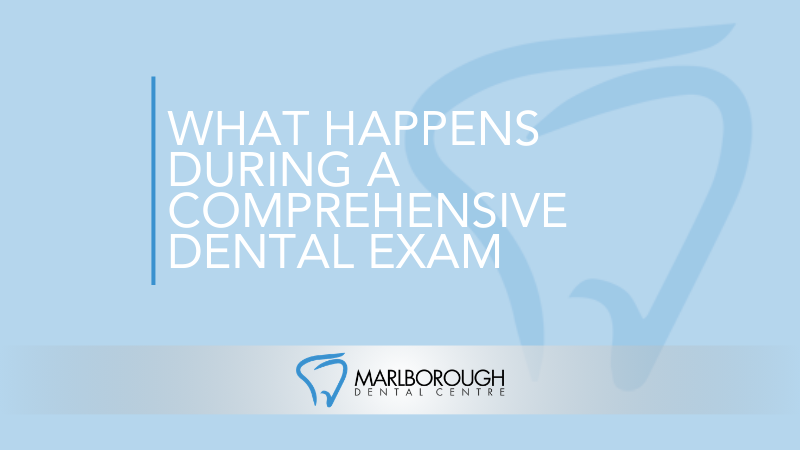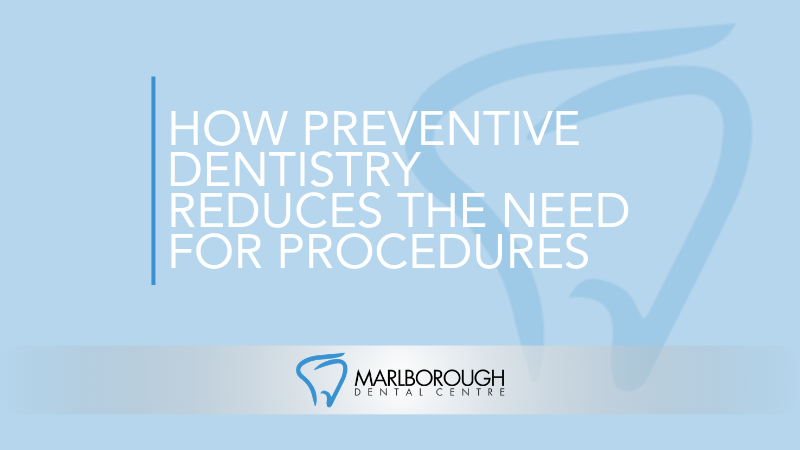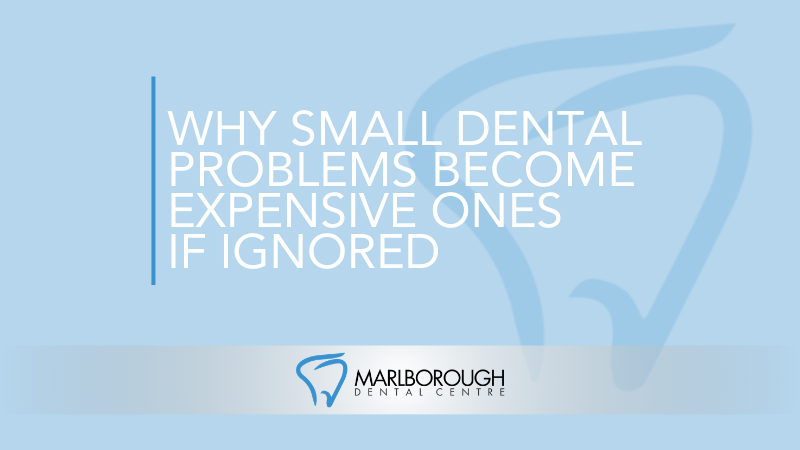Tooth Extraction: The Prep, The Procedure, And The Recovery
Before Tooth Extraction
Your dentist will have a discussion with you about any preexisting conditions or medications you are taking. This is necessary since you may need to take painkillers after the tooth extraction and your dentist needs to know which prescriptions will be safest. If you have a condition that puts you at a high risk of infection, your dentist may need to prescribe antibiotics. Your health history will also need to be reviewed, as is standard practice in any medical procedure.
During Tooth Extraction
When it’s time to get the tooth out, your dentist will administer a local anaesthesia that will freeze the part of the mouth where the tooth is being extracted. If you are having multiple teeth removed at once, which is very common for people whose wisdom teeth are being removed, you may have to be under general anaesthesia. Instead of targeting one area, this will essentially make you fall asleep for the tooth extraction. For a single tooth extraction where local anaesthesia is used, if the patient is very nervous, upset, or otherwise struggling with the tooth extraction, dental sedation is also offered. Sedation will help you enter a deep state of relaxation without putting you to sleep.
Once the anaesthetic is administered, the dentist or oral surgeon will cut away any gum or tissue that might be covering the tooth and then they will loosen it from the jaw bone. If the tooth is difficult to remove, they may break the tooth and remove it in pieces. Once the tooth is removed, the dentist may close the socket with stitches (often self-dissolving) although this is not always necessary. You will be given a piece of gauze to bite down on to stop any bleeding. A blood clot will form in the socket which will help protect the bone in the socket. If this blood clot detaches for any reason, contact your dentist so they can place a sedative dressing over the socket and help a new blood clot form.
After Tooth Extraction
Expect your jaw and gums to be sore for the next several days. Your dentist may prescribe pain medication or recommend over-the-counter painkillers. You will likely need to bite down on your gauze for about 4 hours post-extraction or until the site of extraction stops bleeding. Change out the gauze pads if they become saturated in blood. To help manage pain and swelling, use a cold compress on the outside of the mouth. Try to reduce your activity for 2 days and stay relaxed. To help keep the blood clot intact, do not spit, rinse, or try to suck through a straw.
You will need to eat soft foods until the site of extraction has started to heal. You can typically gauge this based on the comfort of eating; if eating something causes pain, you are likely not ready for it yet. Many people like to consume smoothies at this time, as they are soft and cold and can offer some soothing benefits for the reduction of pain and swelling, but make sure you eat them with a spoon to avoid straws. Other soft foods recommended during healing include:
- Soup
- Yogurt
- Applesauce
- Scrambled Eggs
- Hummus
Once the mouth begins to heal, you can gradually add more solid foods such as rice, well-cooked pasta, oatmeal, and more. Just ensure you avoid seeds, as you do not want them getting into the tooth socket. Remember to drink plenty of water while you recover and ensure that you avoid the extraction site when you brush your teeth. Do not touch your tongue to the tooth extraction site, as it may disturb the blood clot forming in the socket.
If you suspect there are problems after your surgery, call your dentist right away. If your gums are still bleeding 24 hours after surgery, if you’re experiencing severe pain 2 to 3 days after extraction, if pain is radiating from the tooth extraction site to your eyes, ears, or temple, or if you know your blood clot has dislodged, call your dentist. These can be signs of dry socket or infection and they constitute a dental emergency that requires immediate dental services.
Calgary Dental Services At Marlborough Dental Centre
Whether you have a wisdom tooth that needs to be removed or you have suffered an injury that requires emergency dentistry tooth extraction, Marlborough Dental Centre is here to help. We offer same-day or next-day appointments to treat dental emergencies and our clinic is open on evenings and weekends. Our Calgary dentists are experienced in tooth extractions for people of all ages and can help you or your child prepare for and recover from a tooth extraction while keeping everyone calm and making the procedure as simple and painless as possible. To book a tooth extraction at Marlborough Dental Centre, either call 1-403-248-2066 or fill out the online contact form. For a dental emergency, we accept walk-ins at our NE Calgary clinic.
FAQ
Q: Are dental emergencies covered by insurance?
A: Yes. Alberta Health covers all dental emergencies.
Q: At what age is it most common to get your wisdom teeth removed?
A: The timing for the removal of wisdom teeth depends on the patient’s age, root formation, and tooth position. The younger you can have your wisdom teeth removed the better; younger people can recover from surgery faster and are at lower risk of infection. The most common ages to get wisdom teeth removed are between 16 to 22 years old.
Q: If my tooth is damaged, do I have to get a tooth extraction?
A: No, our Calgary dentists only use tooth extractions as a last resort. Other dental services can help preserve teeth depending on the type of injury incurred. Cavities can often be resolved using fillings or root canals and broken teeth can often be fixed using composite resin or porcelain veneers.




